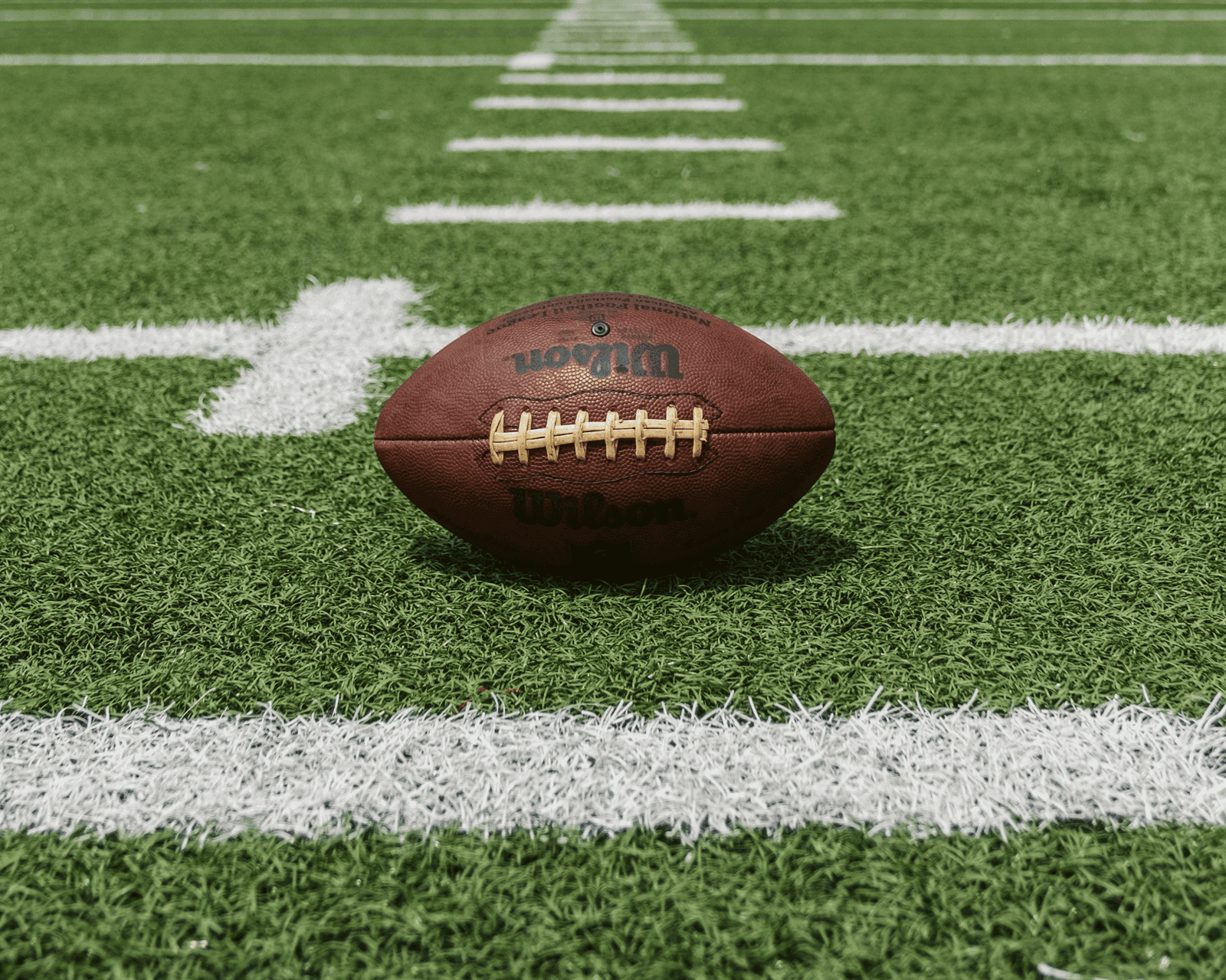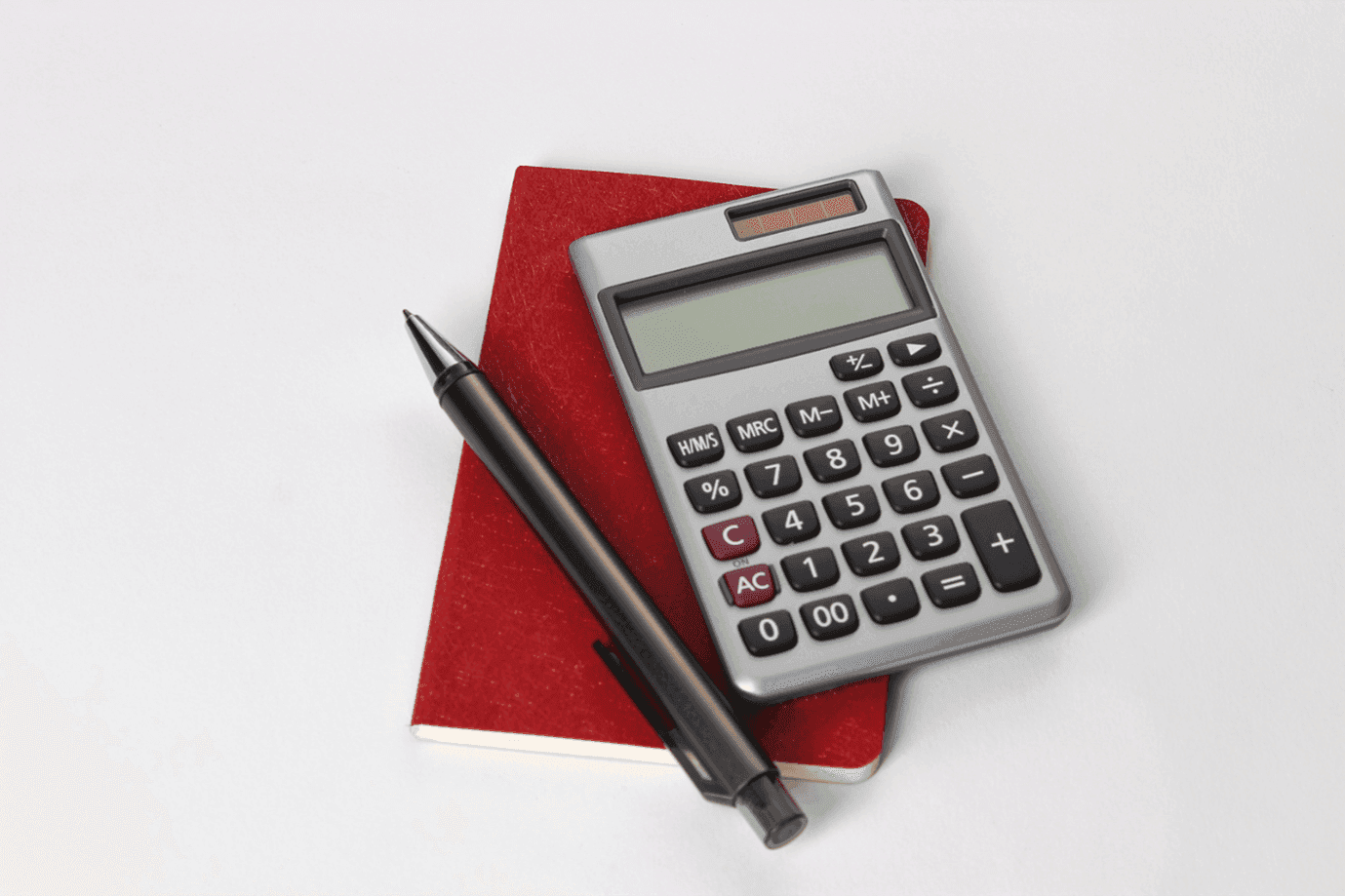Betting
The Science of Setting Betting Odds
Learn how historical data, statistical analysis, and public perception play roles in odds setting and how to develop strategies that account for the inherent randomness in sports.
SportsBoom offers honest and impartial bookmaker reviews to help you make informed choices. While we may earn commissions through affiliate links, our content remains independent and free from promotional influence. For more information, see our Content Transparency and How We Review pages.

Image Credit: Unsplash
At any betting sites you’ll find thousands of odds on endless selections across dozens of sports.
But how are odds calculated by bookmakers? How do they figure out odds, safely in the knowledge that those odds are what they’re meant to be and not out of sync with the chances of an event happening? How do you convert decimal odds into fractional odds? How do you know how much you’ll win when placing a bet at certain American odds? Or fractional odds? Let’s find out.
Factors Influencing Betting Odds
Historical data and performance: how past performance impacts odds setting
A great starting point when it comes to how to figure out odds in betting. If a boxer has won 18 out of their 20 boxing bouts so far, they’re likely to be short favourites to win their next one, unless they’re up against someone with an even better record. That said, when setting the mathematical odds of that boxer, the quality of the opposition is only one of several factors considered, in terms of how to calculate betting odds.
Statistical analysis: How statistics like win-loss records and point spreads are used
Win-loss records are of particular importance in sports like football and tennis and often it’s the win-loss records against particular opponents that are of the most significance when it comes to how to calculate betting odds, rather than against all opposition. Also known as the head-to-head record.
In tennis, Roger Federer had a 14-1 winning record against Andreas Seppi when he was playing. So, the next time they played, you would have expected Seppi to go off as a big outsider, even if Federer was slightly out of form. Similarly, Man City have a record of 19 wins and two draws in the 21 times they’ve faced Bournemouth. As a result, City will go off at very short odds the next time they play them.
In US Sports like NFL or basketball, points spread are among the most popular bets. Sports betting math will take into account not just a team’s record in terms of winning but by how many points on average they win by, including in the past against that particular opponent, when calculating the points spread.
Public perception
It’s worth remembering that mathematical sports betting considers not just the chances of a team, player or horse winning when the market first opens but also the money that’s coming in for the different runners in the market.
Let’s say France are currently 5/ 1 to win the 2026 FIFA World Cup. If the public perception is that they're the best team and available at good odds, punters will keep hammering into those odds. The bookies will then have no choice but to shorten the odds on France and lengthen them on other runners who aren’t being backed, to level out their book. This is called ‘weight of money’ and hugely affects how odds fluctuate in the build up to an event, in addition to sporting factors.
Bookmaker's margin (house edge)
The expression ‘you’ll never meet a poor bookie’ isn’t down to bookies being smarter than everyone else; it’s down to the mathematics of sports betting.
By that we mean that every time a bookmaker sets odds on a particular runner, they’re adding a house edge of anything between about 3% and 8%.
So, the bookmaker will decide on their odds based on all relevant factors, and then subtract about 3% to 8% on those odds to produce the odds they offer punters. So, when a bookie cashes in on a punter’s losing bet, they keep all those losing stakes. And when they have to pay out, they’re paying out 3% to 8% less than they should be; that’s the house edge and what keeps them in business.

Image Credits: James Pacheco
Calculating Betting Odds
At its heart, mathematical sports betting is a case of knowing how to convert odds into probability, and vice-versa. A 2.0 (evens) chance has an implied probability of 50%. Something with an implied probability of 70% is a 1.43 chance and so on. Odds are just the betting industry’s way of expressing implied probability.
If odds and their implied probability are the same thing, so different odds formats are the same thing, too.
Converting Odds Formats
A horse with a 2/1 chance in fractional odds is 3.0 in decimal odds and its odds would be expressed as +200 in American money line odds; all three mean exactly the same thing and all three have a 33.33% probability of winning.
Though there are formulas that allow you to convert one type of odds to another and their relevant implied probability, there are also websites where entering the odds in one format will automatically convert the odds from that format to the others and convert odds to probability.
Calculating Winnings from Odds
The next step is knowing how to calculate winnings from odds and in particular, from different types of odds formats. Let’s say you want to bet on Carlos Alcaraz to win Wimbledon again.
His odds are as follows:
Decimal- 4.0
Fractional- 3/1
American Money line- +300
Implied probability- 25%
Now, let’s say Alcaraz wins Wimbledon. This is how you’ll calculate your winnings based on those odds when placing a 10-unit bet.
Decimal- 4.0-
With decimal odds, the stake is already included in the odds. So, your 10 units x 4.0 = 40 Units including the stake.
Fractional- 3/1
Fractional odds don’t include the stake, only the profit. So, take your 10 units, multiply them by 3 and you’ll get 30 units profit, plus your stake back.
American Money line Odds- +300
When betting on anything that’s odds-against, there will be a + sign before the odds. When betting on odds-on shots, there will be a – sign. A 3/1 shot is therefore expressed as +300. The idea is that the number is how much you’d win for every 100 units wagered. In this case it’s 10 units rather than 100 so you take the 10 and the American Odds tell you you’ll win 30 Units if it wins.
Limitations of Odds
Betting odds are good a way of expressing the chances of something happening but they’re not foolproof. Odds-on chances don’t always win; outsiders don’t always lose. If you backed a horse who was always 10/1 across 10 different races, there’s no guarantee it would win exactly one of those 10 as the odds suggested.
That’s because all sporting events have an element of randomness to them. A football team that is 1.5 to win may create 10 chances in open play and be awarded two penalties during the match. But if they miss all those 10 chances plus the two penalties, the match could easily end 0-0; that’s randomness. A golfer in the lead teeing off on the 18th at the same time as a big gust of wind blows and ruins his drive; that’s randomness.
Odds combined with strategy
Sadly, there is no betting formula to always win.
Whereas understanding odds and betting only where the odds on offer are more generous than they should be- betting value – is an excellent starting point, this should be combined with strategies.
For example: getting better odds in live betting than pre-match on a player that you know is a slow starter. Or splitting stakes between two horses to win a race when you think they both have a great chance at the odds. Or even using Cash Out to secure a profit on a team who has gone ahead but is often vulnerable to conceding late on in the match.

James has been writing about cricket, football and tennis betting for the best part of 20 years for some of the biggest operators, websites and publications in the industry. Heroes and heroines include Paul Scholes, Chris DiMarco, Anastasia Myskina, Richard Gasquet, Nat-Sciver Brunt and Kumar Sangakarra.
Related Content
- Best AI Sports Betting Prediction Software
- What are Teasers in Sports Betting?
- Managing Emotional Bias
- What Are The Best Sports To Bet On?
- Parimutuel Betting Guide
- What Does SP in Betting Mean?
- What is a Prop Bet in Sports Betting?
- Superfecta Betting Explained
- What is an If Bet in Sports Betting?
- AI in Sports Predictions
- Futures Wagers Strategy
- Dead Heat Rules Betting
- Roulette Beginner's Guide
- Future of Betting Trends
- Line Movement & Sharp Action
- Fixed Odds Betting Explained
- What is a lucky 15 bet
- What Does Doubles Mean in Betting?
- What Does Overround Mean in Betting?
- What Does PK Mean in Betting?
- Wire-to-Wire Bets
- Social Media for Sports Insights and Wagering
- What Does 'The Chalk' Mean in Sports Betting?
- What is a ladder in sports betting?
- What is Head to Head Bets?